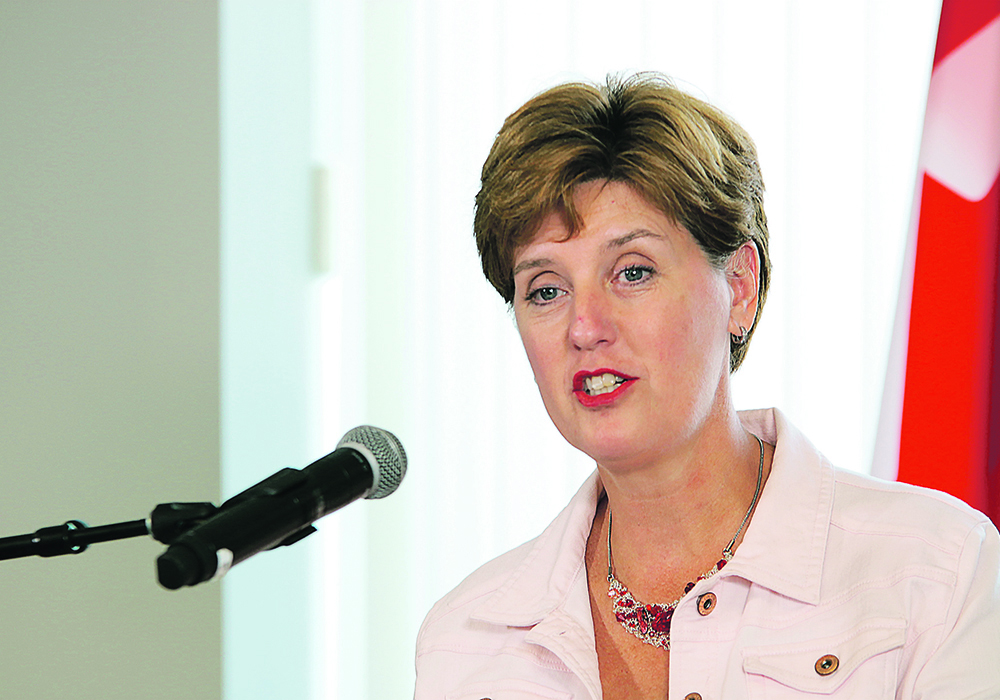Federal Agriculture Minister Marie-Claude Bibeau said increasing the compensation rate for AgriStability is still possible, though a proposal to do that wasn’t adopted at the last ministers’ meeting.
“Let’s set the record straight here: our offer to boost the compensation rate is still on the table,” she said in an emailed statement. “It’s up to prairie provinces to step up with their fair share so the funds can flow to Canadian farmers.”
Prairie ministers indicated in comments following a recent meeting of federal and provincial agriculture ministers that they believed the proposal to increase compensation from 70 percent to 80 percent was over and done with. They said a recorded vote during the meeting had a majority of participating provinces, accounting for a majority of production, voting in favour of Ottawa providing its share without the provinces’ 40 percent.
Read Also

Farming Smarter receives financial boost from Alberta government for potato research
Farming Smarter near Lethbridge got a boost to its research equipment, thanks to the Alberta government’s increase in funding for research associations.
The federal cost would be about $45 million of the proposed $75 million.
Affordability was the issue when Bibeau first suggested the change last November. The prairie provinces said the pandemic has strained budgets, and they could only afford to implement the removal of the reference margin limit, which will cost a total of $95 million annually.
“Removing the reference margin limit will make the program much simpler, more fair and more generous,” Bibeau said, adding that fact should be celebrated.
Her office took issue with Alberta minister Devin Dreeshen’s comments after the meeting that the federal government was withholding new money from farmers. Dreeshen said he was disappointed the feds “chose to withhold $75 million out of the $170 million they publicly communicated.”
“Your government chose to not make a better deal for farmers,” he said in a tweet.
Bibeau’s office said Dreeshen was promoting inaccuracy.
The offer to increase compensation will remain on the table, but Bibeau is standing firm on how it could actually be implemented.
“If at least two of three of the prairie provinces join, we could make it happen for all Canadian farmers,” she said. “Every province agreed to the 60-40 cost-shared principles of the business risk management programs. That’s the way it works.”
Although it appears unlikely to happen, the Canadian Federation of Agriculture has asked Ottawa to increase compensation in the provinces that had agreed to do so.
“CFA cannot stress enough the importance of the provinces accepting the full federal proposal as an investment in the current and long-term risk management needs of Canadian agriculture,” it said.
Other organizations have also encouraged governments to continue to negotiate better coverage.
Work is underway on reviewing the existing programs and developing potential replacements for AgriStability. The current five-year agreement ends March 31, 2023.


















